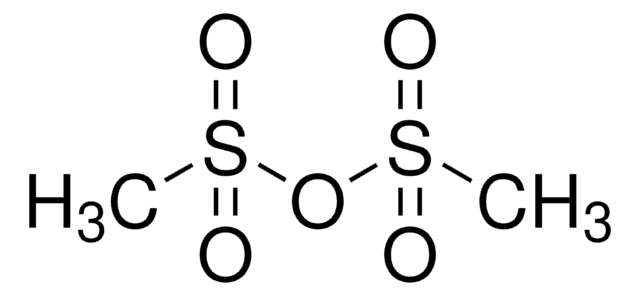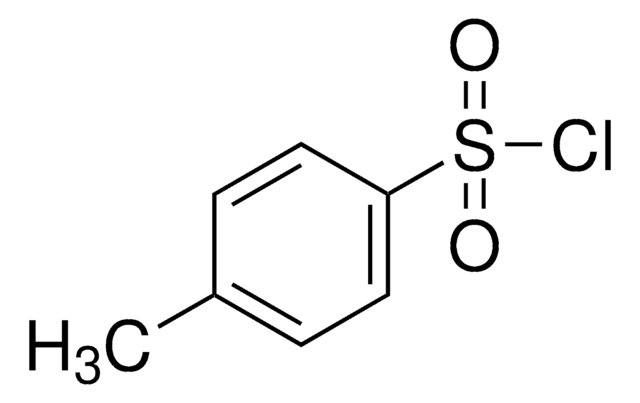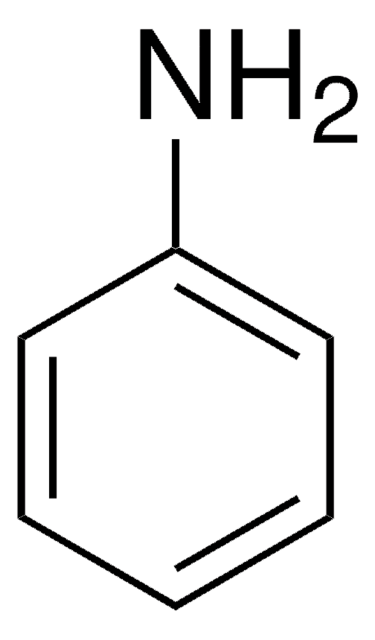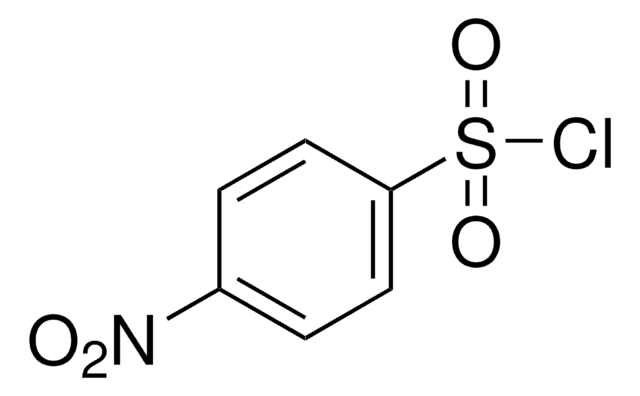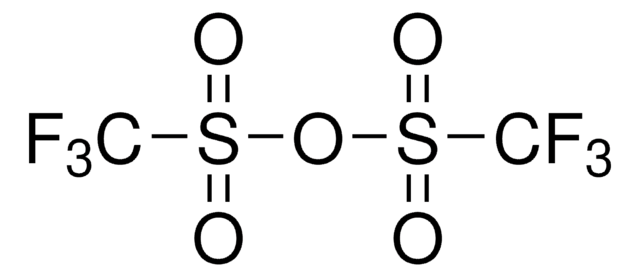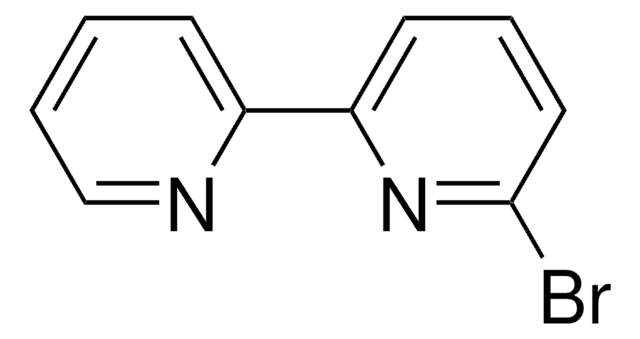259764
p-Toluenesulfonic anhydride
97%
Synonym(s):
(4-Methylphenyl)sulfonyl 4-methylbenzenesulfonate, 4-Methylbenzenesulfonic acid anhydride, 4-Methylbenzenesulfonic anhydride, 4-Methylphenylsulfonic anhydride, 4-Toluenesulfonic acid anhydride, Toluene-4-sulfonic acid ahnydride, p-Toluenesulfonic acid anhydride, p-Toluenesulfonyl anhydride, p-Tolylsulfonyl 4-methylbenzenesulfonate
About This Item
Recommended Products
Quality Level
Assay
97%
form
solid
mp
121-127 °C (lit.)
SMILES string
Cc1ccc(cc1)S(=O)(=O)OS(=O)(=O)c2ccc(C)cc2
InChI
1S/C14H14O5S2/c1-11-3-7-13(8-4-11)20(15,16)19-21(17,18)14-9-5-12(2)6-10-14/h3-10H,1-2H3
InChI key
PDVFSPNIEOYOQL-UHFFFAOYSA-N
Looking for similar products? Visit Product Comparison Guide
General description
Application
Signal Word
Danger
Hazard Statements
Precautionary Statements
Hazard Classifications
Eye Dam. 1 - Skin Corr. 1B
Storage Class Code
8A - Combustible corrosive hazardous materials
WGK
WGK 3
Flash Point(F)
Not applicable
Flash Point(C)
Not applicable
Personal Protective Equipment
Choose from one of the most recent versions:
Already Own This Product?
Find documentation for the products that you have recently purchased in the Document Library.
Customers Also Viewed
Our team of scientists has experience in all areas of research including Life Science, Material Science, Chemical Synthesis, Chromatography, Analytical and many others.
Contact Technical Service
